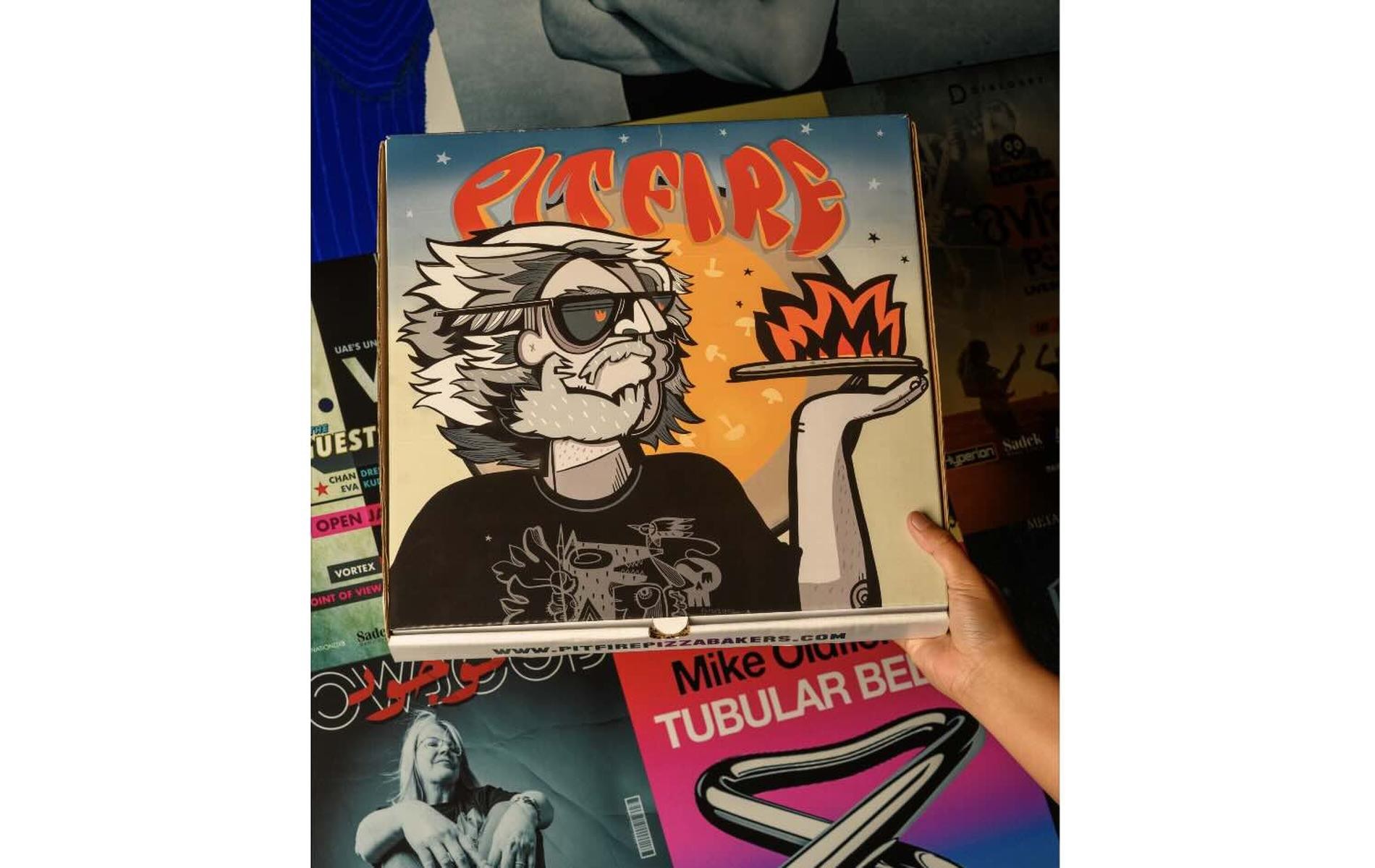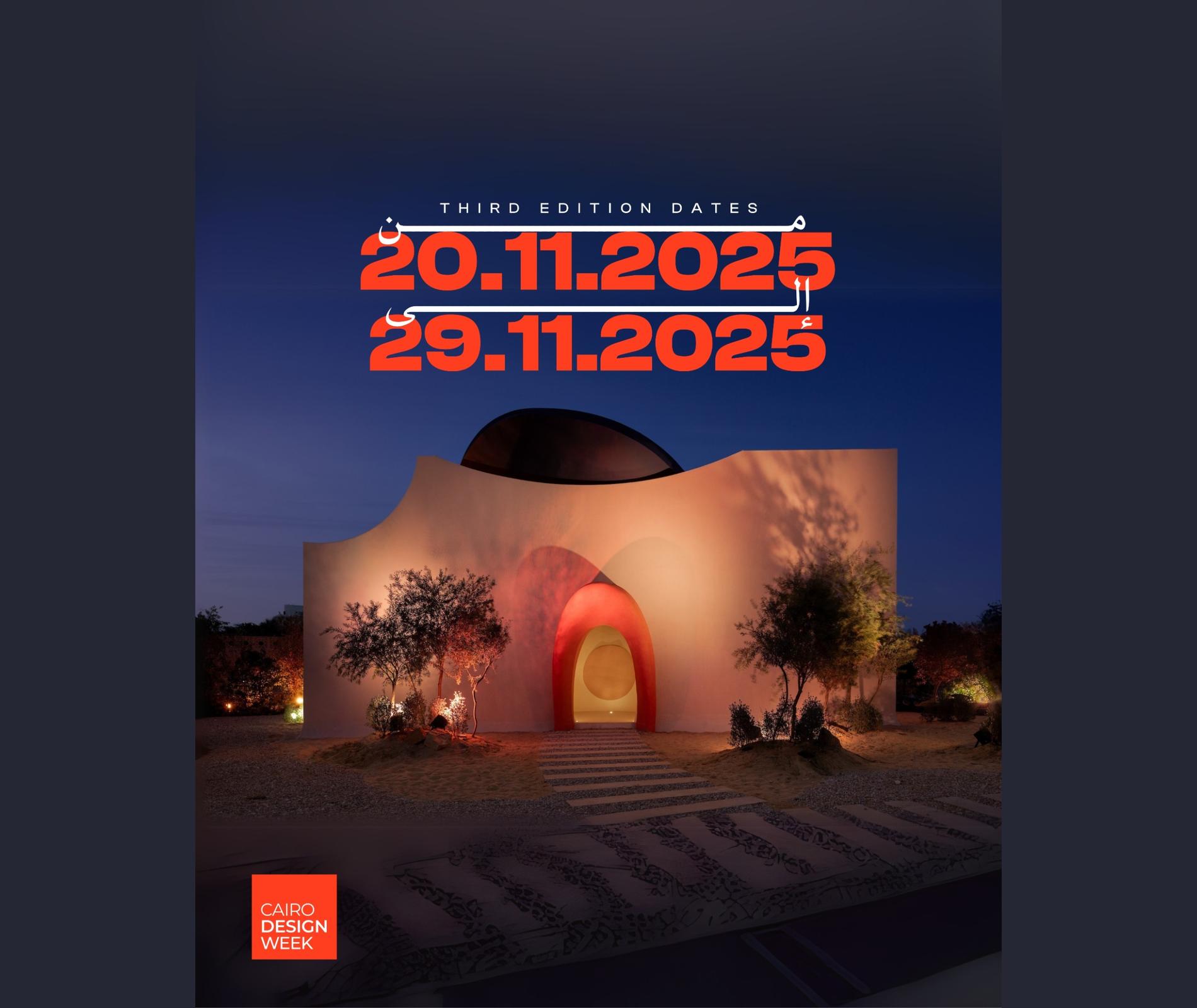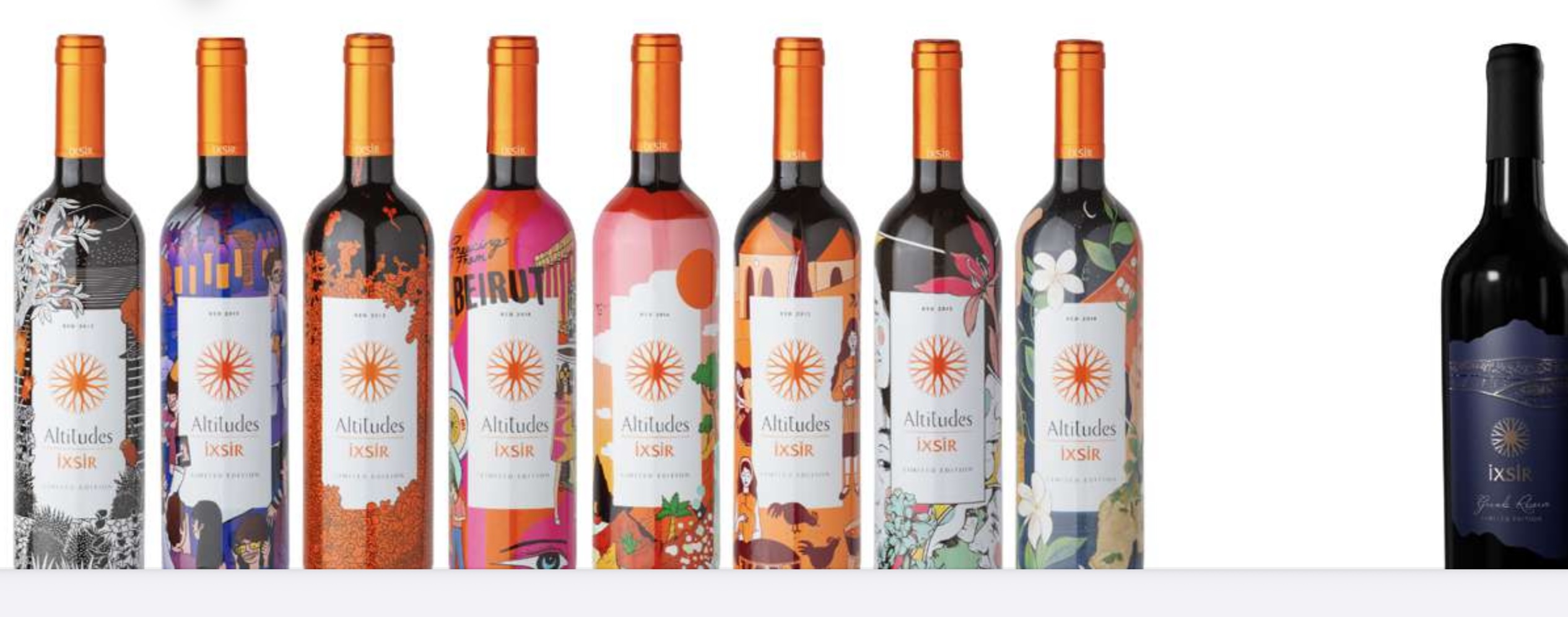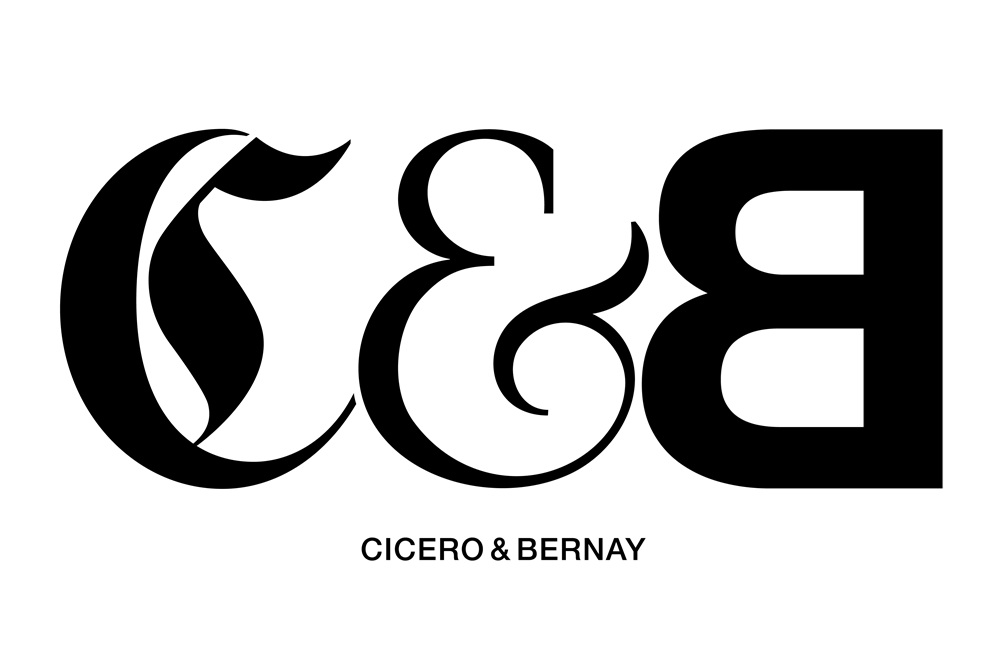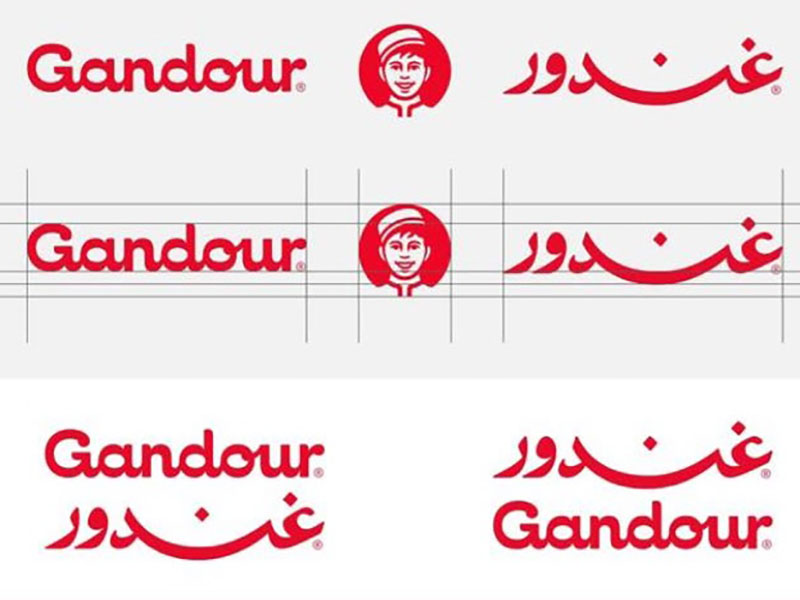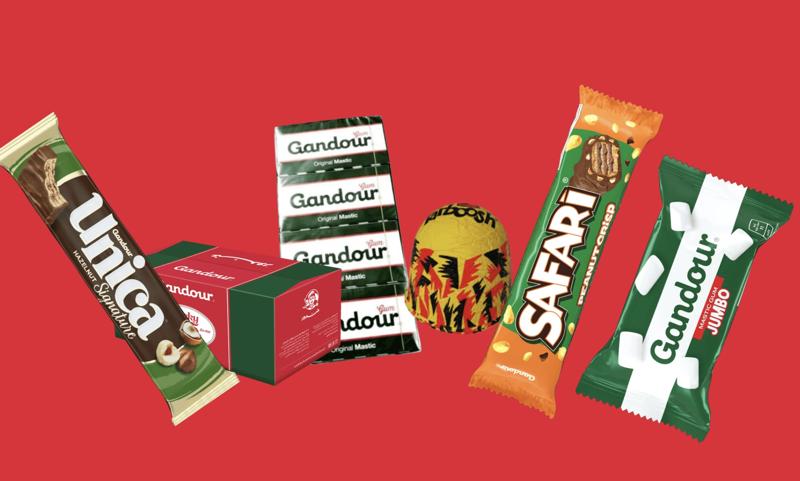News - Branding
The New Creatives: creating cultures and experiences that have deep-rooted human value
by Fayza Bjayou
April 1, 2015
.jpg) Advertisement
AdvertisementAs the presentation begins, Nwokorie alludes to how his profound cultural sensibilities are a product of his travel experiences. Ije often describes himself as “born in the US, bred in Nigeria and enlightened in England.”
Having moved from the industrial belt of Pennsylvania to a rural village in Eastern Nigeria, Nwokorie recalls the early days of his childhood and his initial observation in creative design. In Nigeria, buses would pass by with creative phrases like, “better to be late than to be the late.”
Having lived in a village with limited resources such as electricity, Ije describes how families would gather around battery powered televisions and would be exposed to advertising for the first time.
“Defining our creative hero’s, is relative to ones cultural environment,” Ije exclaims. His personal account of his early creative observations, reinforces the notion that culture is inextricably linked to creativity, on a profoundly multifaceted level.
Most of Nwokorie’s time is spent figuring out how to make something unprecedented happen with a determined, highly creative angle. His ardent belief in getting to the heart of the matter and engaging with his brands and their consumers, define the company’s raison d’être.
Collaboration is absolutely vital to Ije, which is why the team effort is an integral part of the process and key to a successful outcome. This approach helps to find multiple solutions; some surprising, others, wonderfully straightforward. As well as paying attention to people and figuring out how to help them achieve the things they want. He maintains a hands-on approach to design, which has shown through the work done for clients such as Mercedes, Skype, EE, American Express and Orange.
Nwokorie agrees that there is no “branding process.” Branding is too broad a term. But to be more specific, there is a process for designing brand identity.
The steps may change depending on the client, the designer, the brief, the surroundings, the tools available, but there are steps to take, often in a similar order.
In his address, Nwokorie mentions that in the modern world, there is a preconceived notion that some people are creative whilst others are not, and he expresses his concern that creativity has been put into a box. In this time of evolution, Nwokorie highlights the importance of making creativity for the many in order for pre-existing brand businesses to survive and flourish. The rigid form of categorising undermines the masses, as “we are all creative.”
His thoughts rest on the belief that such a perception, may run the risk of “branding the word creativity into irrelevance.” In a time where systems are no longer working, he urges us to make creativity relevant.
What is made even more apparent is his ability to adapt his creativity to the evolving nature of the market. Interpreting business problems as creative challenges is what paves the way for a more impactful branding campaign. Nwokorie supports the notion that the success of a project is very much based upon the clients’ customer reaction, so it can be good to readopt certain methods, if they’ve been shown to work. He believes in the importance of experimentation but also adapting what one has already learned.
The most recent argument to-date is whether automated technology can undermine creativity. Automation has clearly permeated media, advertising and marketing and will continue to do so as technology evolves.
Branding is ultimately about the connection between human beings and organisations. The exchange must be fair and balanced from both sides and the brands will collapse if either is opaque or taking advantage of the other. But Nwokorie’s thoughts affirm the belief that businesses must make creativity for the many.
Human influence and decision-making are the elements deeply compromised as a result of the technological advancements. Nwokorie explains that, “everything that can be automated, will be automated. We’re in danger of being automated out of the creative process.” He asserts that because of the changing times “creativity has never had a bigger role.” And as a result, businesses have to rethink the way they are operating in society.
Changing the perception of a brand for the better, and making it relevant to the many was emphasised through a case study related to one of Wolff Olins’ longstanding clients, Orange. Nwokorie mentions that 21 years ago, Orange had the easier task of promoting, “one product with one proposition to one market.”
But today, they had to consider how to make the brand relevant to the many markets they had expanded to? Wolff Olins launched a real-time campaign experiment with an orange box and asked members of the general public to exercise their creativity, by describing what the box was used for. One individual mentioned it is a box to “store my dreams and secrets.”
Another said that the box was used to “transport me to my country and back again,” and a third person said it was a box used to make her country, Senegal “a great country and one that can join other powerful nations as a developed country.” Such an experiment supports the theory that creativity is synonymous with human stories and such an example clearly demonstrates the powerful impact of human stories; ones that are stripped of “technical branding jargon.”
The fundamental need for human engagement during the creative process is what helps brands to stay relevant in an ever-evolving society. Feedback from the many is what inspires and fuels the success of a branding campaign.
One of the key things that emerged from Nwokorie’s conversation with other ‘creative’ leaders was that there is an imperative need to create and tell stories that inspire movements, and that human element is the only way of making companies relevant today.


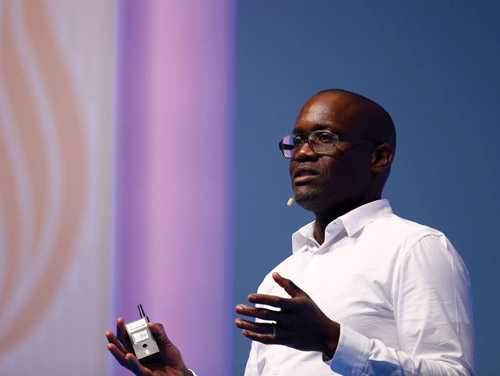
.jpg)
